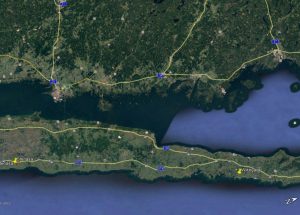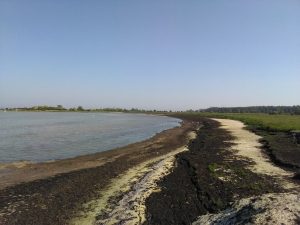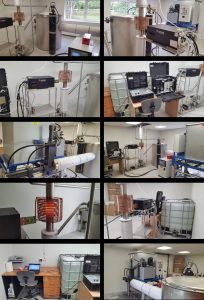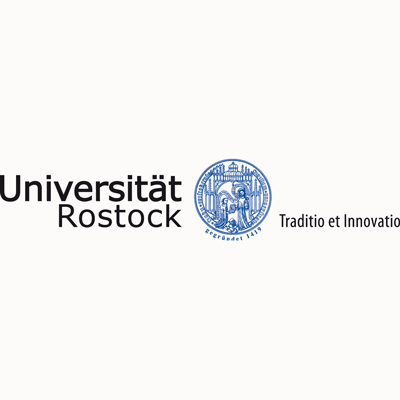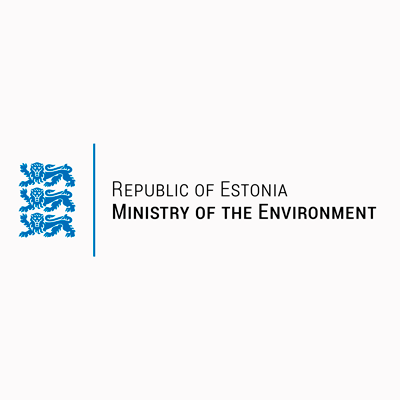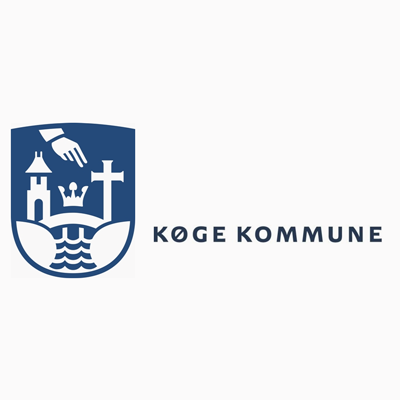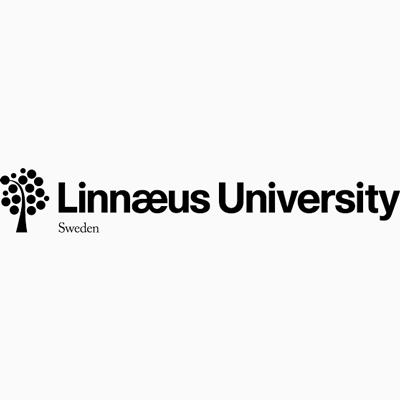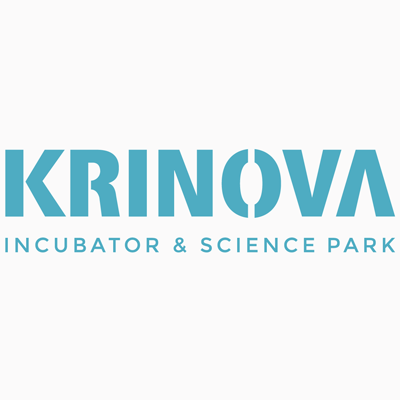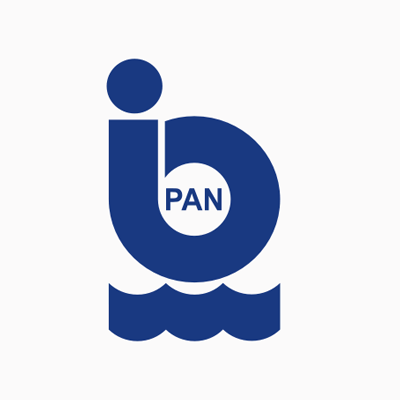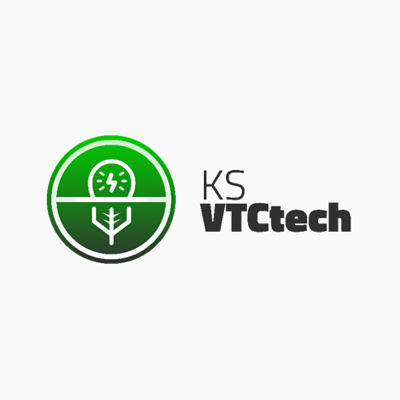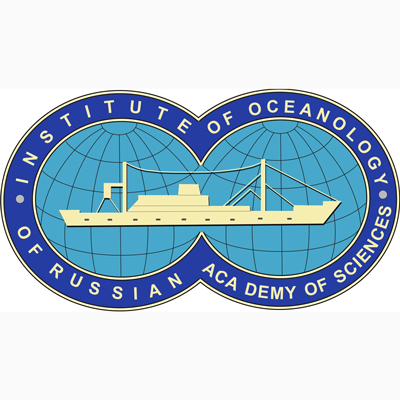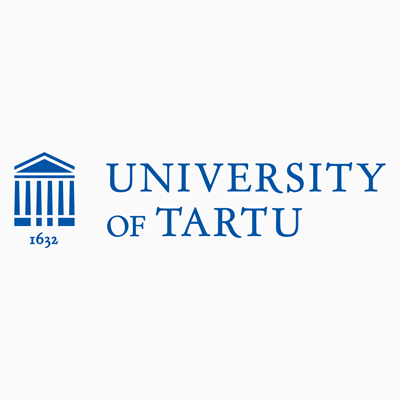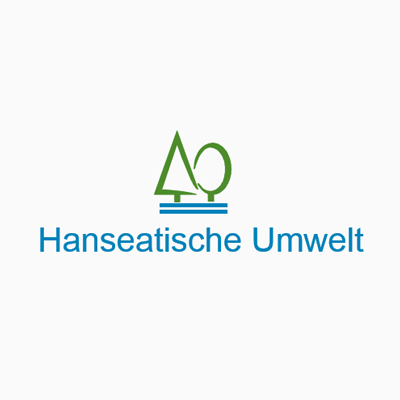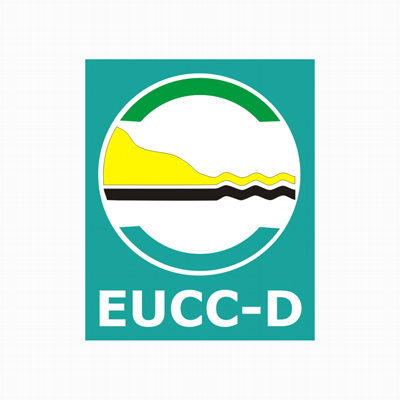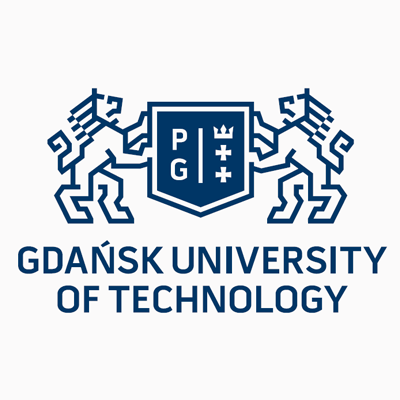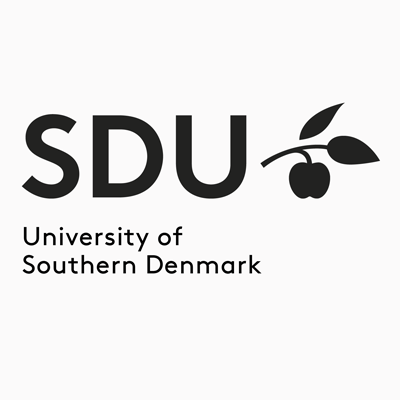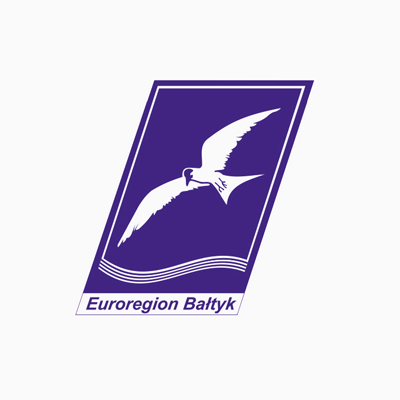Case Study: ALREA
The Baltic Beach Wrack Thermal Recovery and Relevant Analytical Performances
Location: Kalmar, Sweden
Lead: Linnaeus University, SE
The case study aims at providing an methodical introduction and guideline for the production of soil amendment (biochar and gasification syngas). Beach wrack collected on the island of Öland (Sweden) and Riga bay (Latvia) will be used as a feedstock for the energy recovery of the waste material (Figures 1 & 2).
The plan of this study is to promote a circular economy and treatment of biowaste by moving organic waste recycling towards resource management. This concept, such as system thinking and design, will generate more value, including social and environmental benefits with locally available resources.
The harvesting methods will focus on local implementation, keeping our aim at the quality of the coastal sub-littoral area and models of beach or seaside for tourism. An efficient production system that allows the cost-effectiveness capability to achieve and minimum operational cost and environmental impact will be chosen.
The selection of beach wrack as for bio-covers for landfills or sports courts, soil amendments or biogas production, and water quality improvement will be to assess whether the reactor is ready to adapt the approaches of the maximum output energy production.
Different techniques (anaerobic digestion or gasifications) have been employed to manage the production of energy throughout mixed food waste, mixed macroalgal species biomass, algae, or beach wrack. As anaerobic digestion is a microbial process that converts biomass into carbon dioxide and methane via hydrolysis, fermentation, acetogenesis, and methanogenesis, proportions of mixing beach wrack with food residuals & household organic are suggested to rely on efficient conversion of organic matter into biogas (Figure 3).
Updates
September 2019: Article "The exploration of seaweed biomass as a fuel for energy production" available for download here.
.
OurPartners
The CONTRA partners are from Germany, Poland, Denmark, Sweden, Russia and Estonia. The project runs from 2019 to 2021 and is supported financially by the European Regional Development Fund, ERDF.


